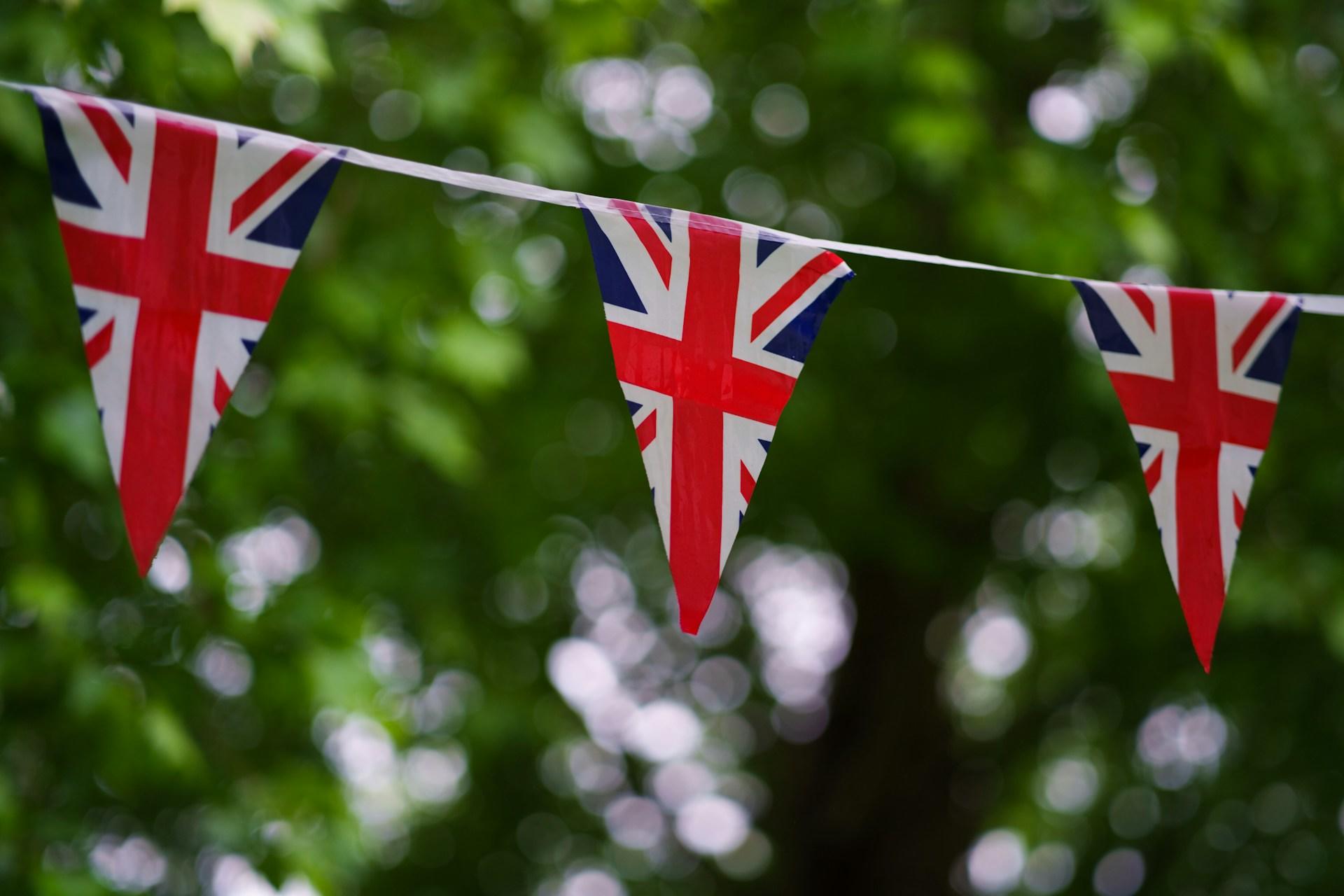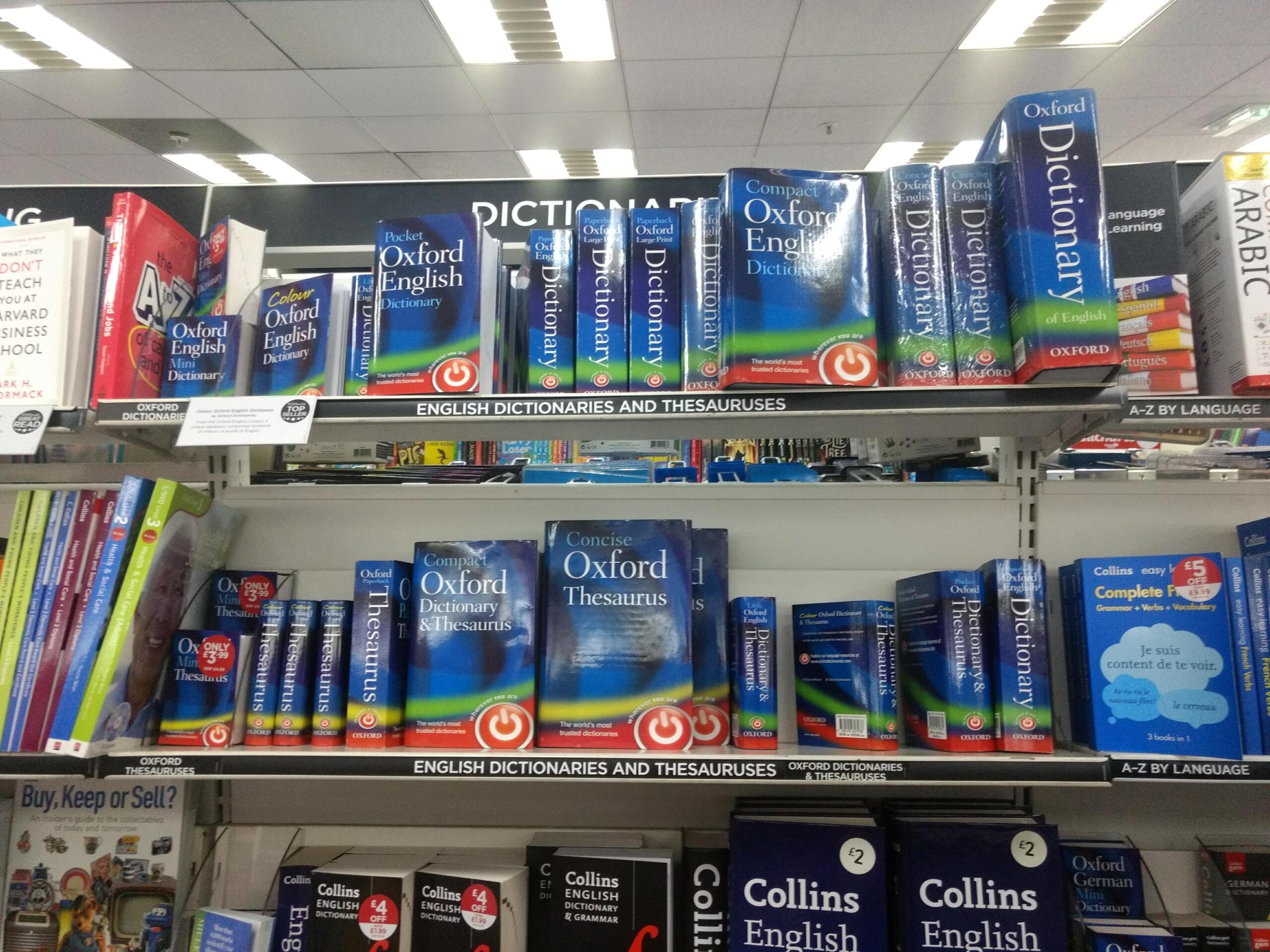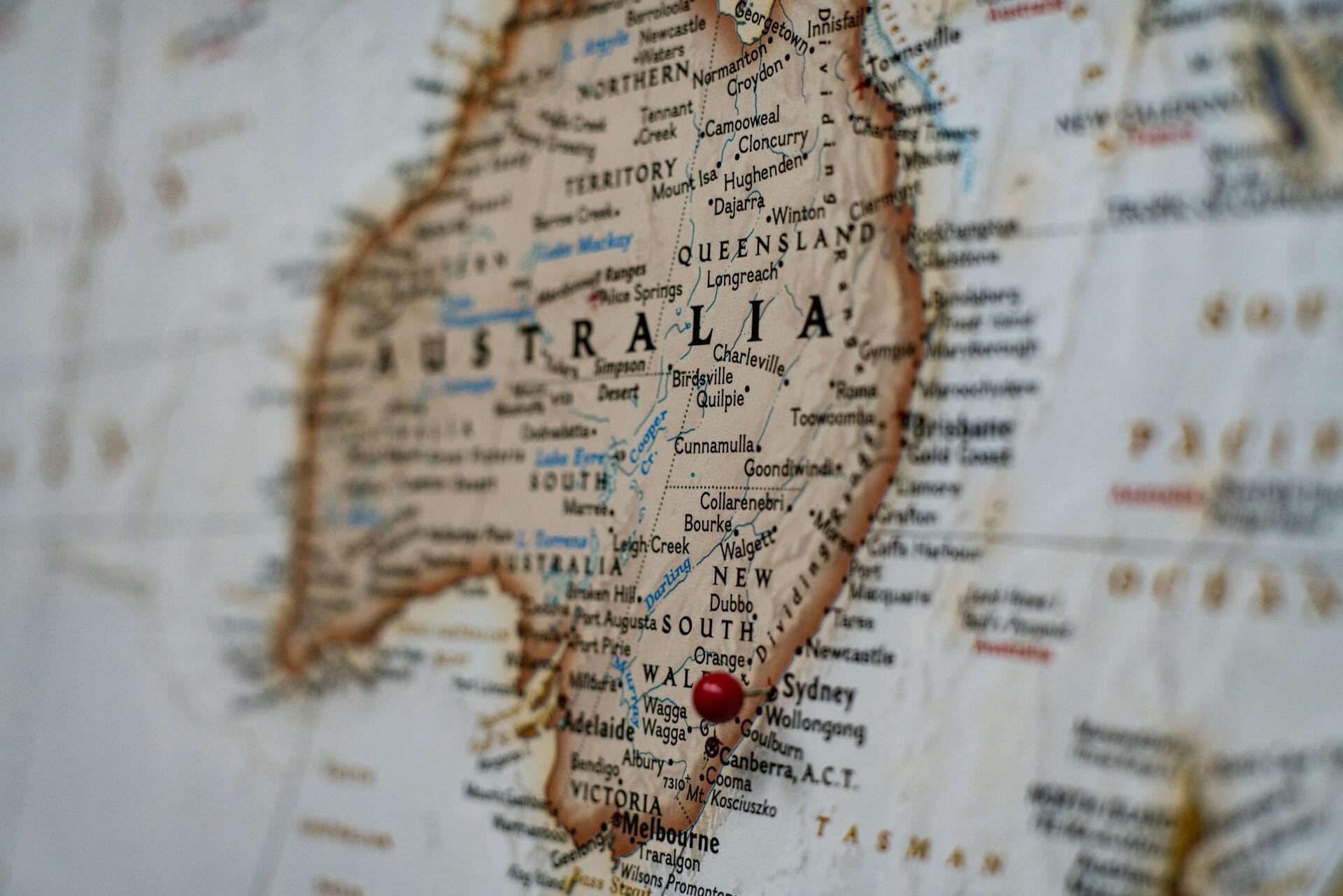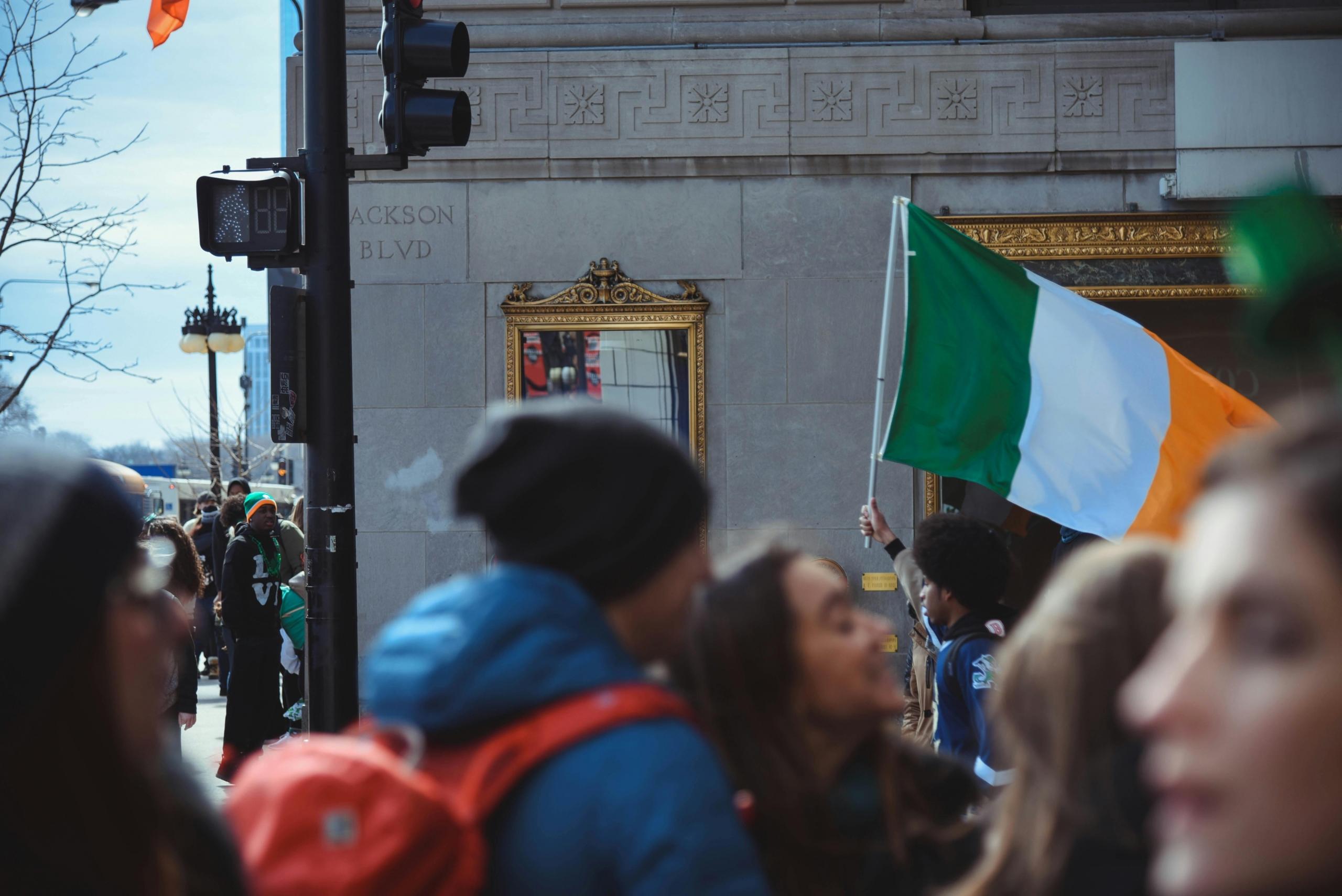The English language is widely spoken, and as you can imagine from its name, it originated in England, in the United Kingdom.
Here are some of the most common accents across the UK, what they sound like, and some of the words commonly used in each dialect.

Received Pronunciation
Let's start with what many (wrongly) consider to be the standard English accent. Received pronunciation (RP) is the accent that many call “Queen's English”, “Oxford English”, or “BBC English”.
While one of the names is "Oxford English," the accent doesn't belong anywhere in the country and has no real geographical origin. Received pronunciation is simply the way that certain people believe the English language should be spoken.
As received pronunciation typically has a quite clear and precise accent, it was commonly chosen in broadcasting and by those learning English. It's very common for English language users, particularly those in Europe who learn British English over American English, to learn RP.
RP was considered the language of the elite and the educated, and in some places, it still is. However, there's been a recent shift in the UK away from RP, notably with broadcasters like the BBC, who've started favouring the many regional accents and dialects around the country rather than simply sticking with RP.
Here's an interesting video on Received Pronunciation.
London Accents
With nearly 9 million people living there, it's hardly surprising that London has more than one accent.
people live in London.
The city is incredibly diverse, and since accents and dialects can vary depending on geographical location, socioeconomic standing, background, and even mother tongue, London is a patchwork of different and fascinating accents.
Here are just a few of the most common and well-known London accents.
Cockney
Cockney is one of the most famous London accents and is traditionally associated with the working classes of London's East End.
Linguistically, it includes several interesting features. For example, it drops the "h," which means that the "h" sounds at the beginning of words aren't pronounced.
It also features the famous glottal stop, where certain "t" sounds (which tend to shift closer to a "d" sound in American English) are interrupted by stopping the passage of air in the throat. Famously, this is seen in words like "bottle".
Cockney also features rhyming slang, where specific phrases that rhyme with the intended word or phrase are used. For example, "apples and pears" is famously used to refer to "stairs".
Estuary English
Estuary English is typically found along the River Thames, which runs through London and into areas in the southeast of England.
Culturally, Estuary English is often seen as somewhere between Received Pronunciation and Cockney, retaining some linguistic features like the glottal stop.
However, the accent is more neutral and less stigmatised than the Cockney accent. Estuary English is used by a broader range of socioeconomic classes than Cockney.
Multicultural London English (MLE)
Multicultural London English is the accent usually employed by younger generations of Londoners from various ethnic backgrounds.
The accent is influenced by the languages from the Caribbean, West Africa, and South Asia spoken by families in London.
MLE is often associated with youth and urban culture in London.

The Brummie Accent
British accents are more than those spoken in London; there are many accents in and around Birmingham and the West Midlands.
The Birmingham or "Brummy" accent sounds markedly different to any of the London accents. Like many other British accents, how the vowels are pronounced is the best way to spot a Brummie accent.
Linguistically, diphthongs like "goat" and "boat" are more closed and rounded than in other British accents.
The accent is famously used by the singer Ozzy Osbourne and was made even more famous with the TV show "Peaky Blinders". However, it should be noted that the lead actor, Cillian Murphy, is Irish, and many of the other cast members who play Brummie parts are also from London.
Like many regional English accents, the Brummie accent is often associated with the working class.
Here's a fun video explaining the Brummie accent.

The Mancunian Accent
The Mancunian accent is spoken by those in and around the Greater Manchester area.
This is the first accent that we've seen that shares a lot of the hallmarks of a “northern” English accent with certain longer vowels.
However, unlike Cockney and Estuary English and Geordie (another northern accent), the Mancunian accent doesn't have a glottal stop for "t" sounds. Instead, the "t" in a Mancunian accent is pronounced quite clearly.
Like each of the accents we've seen so far, there are also variants within the accents, and different parts of Manchester will have differences that set the accents apart, but they'll also have a lot in common that can help you identify them from other regional British accents.
Famous people with Mancunian accents include the brothers Liam and Noel Gallagher of the band Oasis and Ian Brown, the singer of The Stone Roses.
The Mancunian accent is often thought of as being spoken by the working class.

The Scouse Accent
The Scouse accent is spoken by those in Liverpool and the surrounding areas in Merseyside. However, despite the proximity to Manchester (just 50km apart), the Scouse accent differs incredibly from the Mancunian accent and many other British and northern English accents.
If you hear anybody who can speak in a scouse accent, you'll immediately notice how many letters and sounds are pronounced differently than in many other accents and dialects. As always, vowels are pronounced differently, with typical "a" sounds and diphthongs.
In the Scouse accent, the consonants are also pronounced quite distinctively. In particular, the "r" sound has a distinctive and noticeable tap, and the "k" sound must be heard to be understood.
The Scouse accent is synonymous with the working class in England and, like many other regional accents outside of London, is also thought to sound quite friendly.
Here's Korean Billie, a YouTuber famous for his videos on different accents, learning some Scouse.
The Geordie Accent
This is the last of the British accents we'll cover from England. The Geordie accent is a northern accent spoken in and around Newcastle upon Tyne.
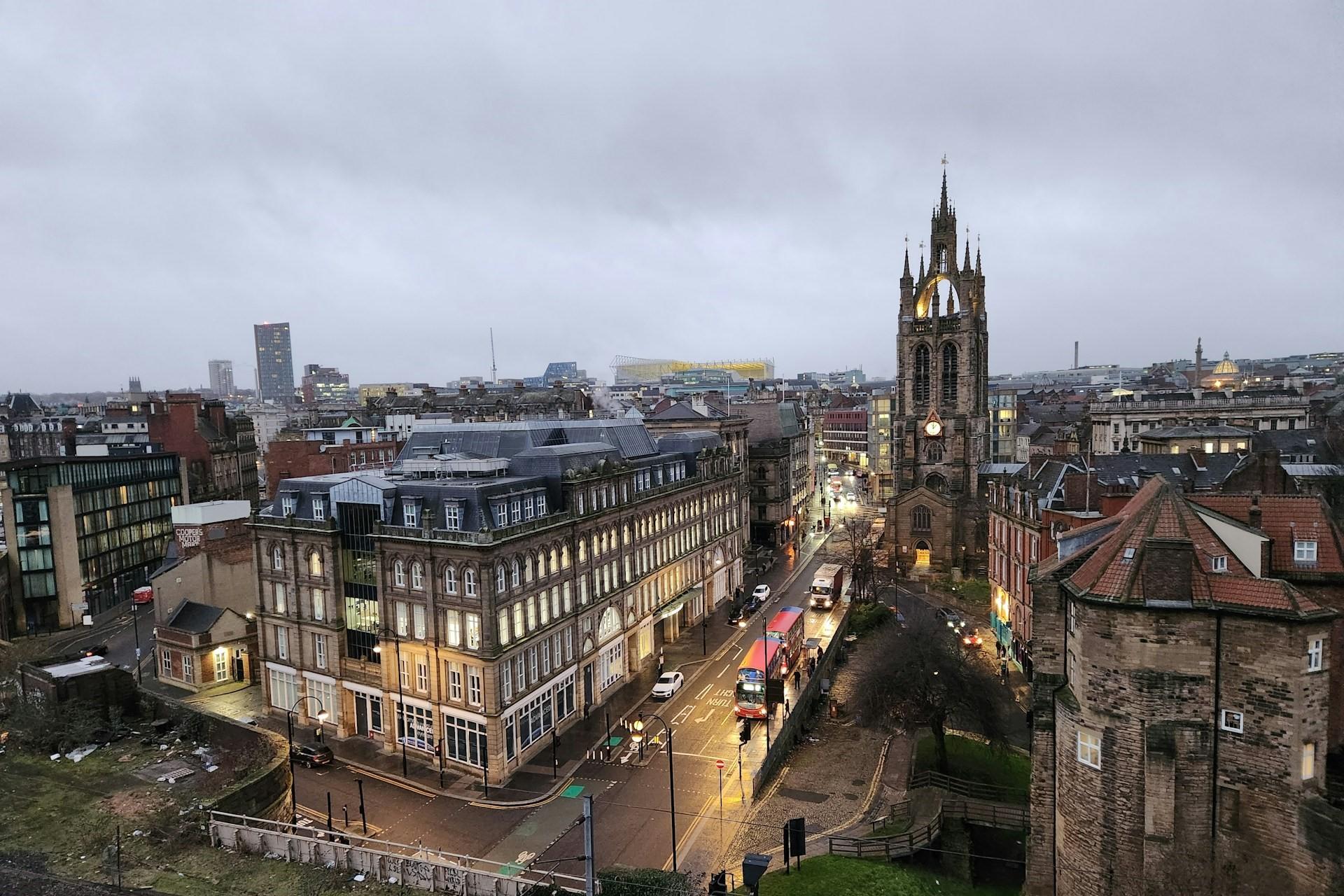
The Geordie accent is another distinctive accent with many linguistic changes. Notably, the “ou” sound in some words is pronounced like “oo” in words like “house” and “about”.
As for consonants, the “t” sound in the middle of words is pronounced like a glottal stop and the “g” is often pronounced quite strongly.
As with other northern English accents, the Geordie accent is also known for its somewhat sing-songy delivery, making it sound more friendly.
Scottish Accents
Scotland is an entire country with dialects and accents that require their own dedicated article. However, Scottish accents also have many things in common that differentiate them from many of the accents and dialects in England and other parts of the United Kingdom.
You could divide Scottish accents into Glaswegian, Edinburgh, Highland, Northeast, and Lowland Scottish.
Unlike many of the accents in England, Scottish accents tend to be rhotic. This means the "r" sound is always pronounced, unlike in English, where an "r" following a vowel will change the sound. The "r" in Scottish accents can also be rolled or tapped.
With over 5 million people, it's hardly surprising that various Scottish accents exist.
Scottish dialects also feature many unique words that are not widely used elsewhere in the United Kingdom or in other English dialects.
Typically, Scottish accents are popular with English speakers across the United Kingdom and are often voted as sounding friendly.
With so many famous Scottish people, it can be challenging to list just a few. Still, actors like Sean Connery and Ewan McGregor are well-known examples of the Scottish accent.
Remember that this is for Scottish accents in the English language, not the Scots language, which is very closely related to English, or Scottish Gaelic, a Celtic language that's more closely related to Irish and Manx.

Welsh Accents
Last but certainly not least, we have Welsh accents. You could divide the accents and dialects across Wales into North Wales, South Wales, West Wales, and even by city, like Cardiff and Swansea.
The South and West Wales accents are typically associated with the Welsh. Still, there's quite a significant variation across Welsh accents.
Many vowels are pronounced differently, and the "r" sound is typically rolled or trilled, as in many Scottish and English accents.
Most Welsh accents are famous for their delivery, which has an intonation that sounds very musical and is likely the result of the Welsh language.
Many famous actors and musicians are from Wales, including Michael Sheen, Catherine Zeta-Jones, Anthony Hopkins, Tom Jones, and Shirley Bassey. Some with more notable Welsh accents than others.
Summarise with AI:

